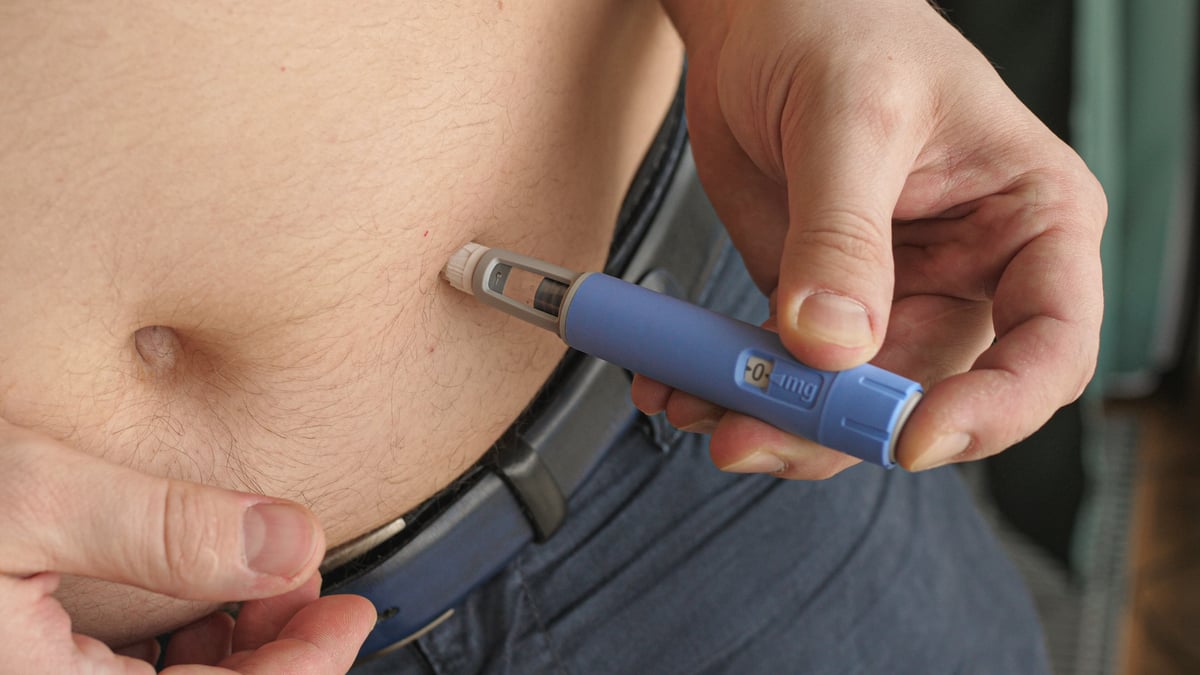
Let's take a quick look at three stocks -- , The Medicines Company (MDCO +0.00%), Eli Lilly (LLY +1.27%), and GlaxoSmithKline (GSK +1.86%) -- all of which could loom large in health care headlines this morning.
The Medicines Company slides on a downgrade and an unfavorable court ruling
The Medicines Company is sliding this morning after TheStreet Ratings downgraded the stock from buy to hold. The firm noted that the company demonstrated robust revenue growth, a solid financial position, reasonable debt levels, and good cash flow, but it was being weighed down by weak price performance, lackluster earnings per share growth, and declining net income.
In fiscal 2013, The Medicines Company's revenue rose 23% year-over-year to $687.9 million, with Angiomax accounting for 88% of the company's top line. Its adjusted net income rose 28% to $91.9 million, or $1.50 per share.
Another report from Jefferies, which has a Hold rating on the stock with a $27 price target, indicated that in a "worst case scenario", The Medicines Company had a fair value of $19 per share. Jefferies noted that a recent Delaware court decision, which ruled in favor of Hospira (NYSE: HSP) regarding two key patents for Angiomax, stated that a "worst case scenario" could occur if Hospira launched a generic version of Angiomax by mid 2015. The Medicines Company is expected to appeal the ruling, which was issued yesterday.
In February, the company's NDA (new drug application) for oritavancin, an investigational intravenous antibiotic, was accepted for a priority review. The antibiotic is expected to generate peak sales of $400 million if approved. Earlier that month, an FDA advisory panel recommended against the approval of cangrelor, an intravenous anticoagulant, which could also generate $400 million in peak sales if approved (the PDUFA date is April 30, although approval seems very unlikely given the advisory committee's negative recommendation).
A new court ruling helps Lilly protect Alimta from generic competition until 2022
Eli Lilly won a major legal battle yesterday when a U.S. District Judge in Indianapolis upheld the validity of its U.S. patent for the blockbuster lung cancer drug Alimta.
The court ruled against Teva Pharmaceutical (TEVA +3.07%) and a series of other companies. The disputed patent covers the administration of folic acid and vitamin B12 to patients before they receive Alimta to prevent side effects. Alimta's package insert label explicitly tells doctors to administer those nutrients to patients before and during the use of the medicine.
Blocking those generic makers could protect Alimta from generic competition until 2022, but the ruling could still be appealed. . Sales of Alimta rose 4% year-over-year to $2.7 billion in fiscal 2013, accounting for 12% of Lilly's top line.
The development is a positive one for Lilly, which is still struggling with the losses of patent exclusivity for the antidepressant Cymbalta and Humalog (insulin lispro) last year, and the loss of exclusivity for Evista, its osteoporosis treatment for postmenopausal women, last month. Those three products generated combined sales of $8.8 billion in 2013.
GSK boosts its presence in Africa
Last but not least, GlaxoSmithKline will expand its presence in Africa with a £125 million ($208 million) investment to address a growing middle class demand for medicine on the continent. GSK currently has a small sub-Saharan business which generates sales of approximately £500 million ($833 million) annually, and the effort should substantially increase its footprint across the continent.
GSK is scouting for new locations across several countries, including Rwanda, Ghana, and Ethiopia, to open up to five new factories. GSK will also invest £25 million ($41.7 million) to build the first open-access research and development laboratory for non-infectious and non-transmissible diseases in Africa.
According to The World Bank, non-infectious and non-transmissible diseases will account for 46% of all deaths in sub-Saharan Africa by 2030, a big increase from 28% in 2008. GSK will also fund 25 academic chairs at African universities and will increase support for community health worker training.








